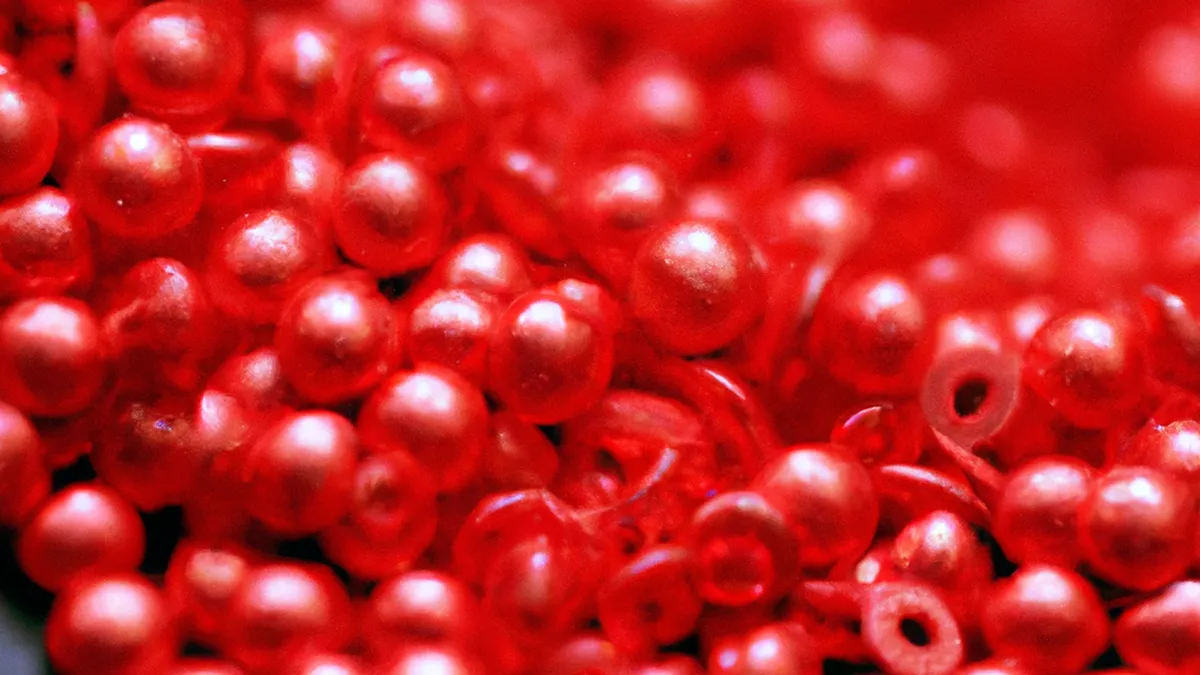Defining Personal Growth in Climbing Journeys
How to Measure Success in Climbing Beyond Just Performance
Climbing combines physical prowess, mental acuity, and emotional resilience. Many climbers focus on grades, speed, or competition results, but these metrics only scratch the surface of success. To appreciate your climbing journey, broaden your definition of success. Explore various ways to measure success in climbing beyond performance, emphasizing personal growth, community engagement, mental well-being, and overall experience.
Reframe Your Goals
Focus on Personal Growth
Set goals centered on personal growth instead of just performance. Shift your attention to improving skills like footwork, body positioning, or route reading. Celebrate small victories that contribute to your overall development. Mastering footwork enhances climbing efficiency and improves long-term performance.
Personal growth includes learning about gear, safety practices, and community ethics. Immerse yourself in climbing’s broader aspects to enrich your knowledge, becoming a well-rounded climber.
Embrace the Journey
Embrace the climbing journey itself. Every ascent offers valuable lessons, whether you succeed or face challenges. Reflecting on experiences leads to deeper insights about your strengths and areas for improvement. Instead of fixating on topping out, consider what you learned about yourself. Did you push through fear, overcome frustration, or develop patience? These insights often hold more meaning than numerical grades.
Set Process-Oriented Goals
Focus on process-oriented goals to control your climbing steps. Aim to climb a certain number of times each week, improve endurance, or dedicate time to strength training. Tangible goals provide a sense of accomplishment independent of climb outcomes. Measuring success through consistent effort helps maintain motivation and build lasting climbing habits.
Cultivate Community Connections
Build Relationships with Other Climbers
Climbing emphasizes community as much as personal achievement. Building relationships with fellow climbers enhances your experience. Sharing stories, techniques, and encouragement fosters a supportive environment. Learning from others and sharing insights strengthens bonds with climbing partners.
Participate in Group Climbs
Engage in group climbs or local climbing events to enrich your experience. Collaborating with others exposes you to diverse styles and techniques, improving your skills. The camaraderie found in group settings enhances your climbing journey.
Conclusion
In conclusion, measure your climbing success by embracing personal growth, community connections, and the journey itself. Focus on experiences that enrich your skills and relationships.
Below are related products based on this post:
FAQ
What are some ways to measure success in climbing beyond performance metrics?
Success in climbing can be measured through personal growth, community engagement, mental well-being, and overall experiences. Instead of solely focusing on grades or competition results, climbers can celebrate improvements in skills, relationships with fellow climbers, and the lessons learned throughout their climbing journey.
How can I set effective goals for my climbing journey?
To set effective goals, focus on personal growth and process-oriented objectives rather than just performance outcomes. Aim to enhance skills like footwork and route reading, or establish goals such as climbing a set number of times each week. This approach fosters consistent effort and provides a sense of accomplishment that is independent of specific climb results.
Why is community important in climbing?
Community is vital in climbing as it enhances the overall experience and provides support. Building relationships with fellow climbers allows for the sharing of stories, techniques, and encouragement. Participating in group climbs creates opportunities to learn from others and fosters a sense of camaraderie, making the climbing journey more enriching and enjoyable.















Post Comment